As the coronavirus spread worldwide, it kept finding the Walter Reed Army Institute of Research there to meet it. A command born as an expeditionary unit fighting disease wherever it threatened soldiers, the institute was uniquely placed to develop new COVID-19 diagnostics, vaccines and therapeutics while also tracking the pandemic’s emotional toll on the force to inform unit commanders and leaders.
Part of the U.S. Army Medical Research and Development Command—the Army’s lead agent for medical research, development and acquisition—the Walter Reed Army Institute of Research (WRAIR), located in Silver Spring, Maryland, has been responsible for creating, developing or testing more than half of Food and Drug Administration (FDA)-approved vaccines. Its success stems from close relationships with both combatant commands and civilian medical researchers, ensuring the military’s interests are represented in new products.
Yet beyond this network lies one of the most critical elements of WRAIR’s long-term success—its global system of laboratories.
Host-Nation Collaborations
Three overseas directorates on three continents—the Armed Forces Research Institute of Medical Sciences in Southeast Asia, the U.S. Army Medical Research Directorate-Africa (USAMRD-A) in sub-Saharan Africa and the U.S. Army Medical Research Directorate-Georgia (USAMRD-G) in Tbilisi, Georgia—form the backbone of this network, fostering U.S.-host-nation collaborations in biomedical research, product development, outbreak response and disease surveillance to support soldier health and global health. A fourth directorate, the U.S. Army Medical Research Directorate-West, is located at Joint Base Lewis-McChord, Washington, studying soldier-related behavioral health concerns.
Infectious diseases threaten political and economic stability, overwhelm partner capacity and jeopardize a calibrated force posture. Historically, they have killed, sickened or disabled more service members than bombs and bullets, particularly during operations in regions with diseases unknown in the modern United States. As such, identifying, tracking and overcoming them is critical to force health protection.
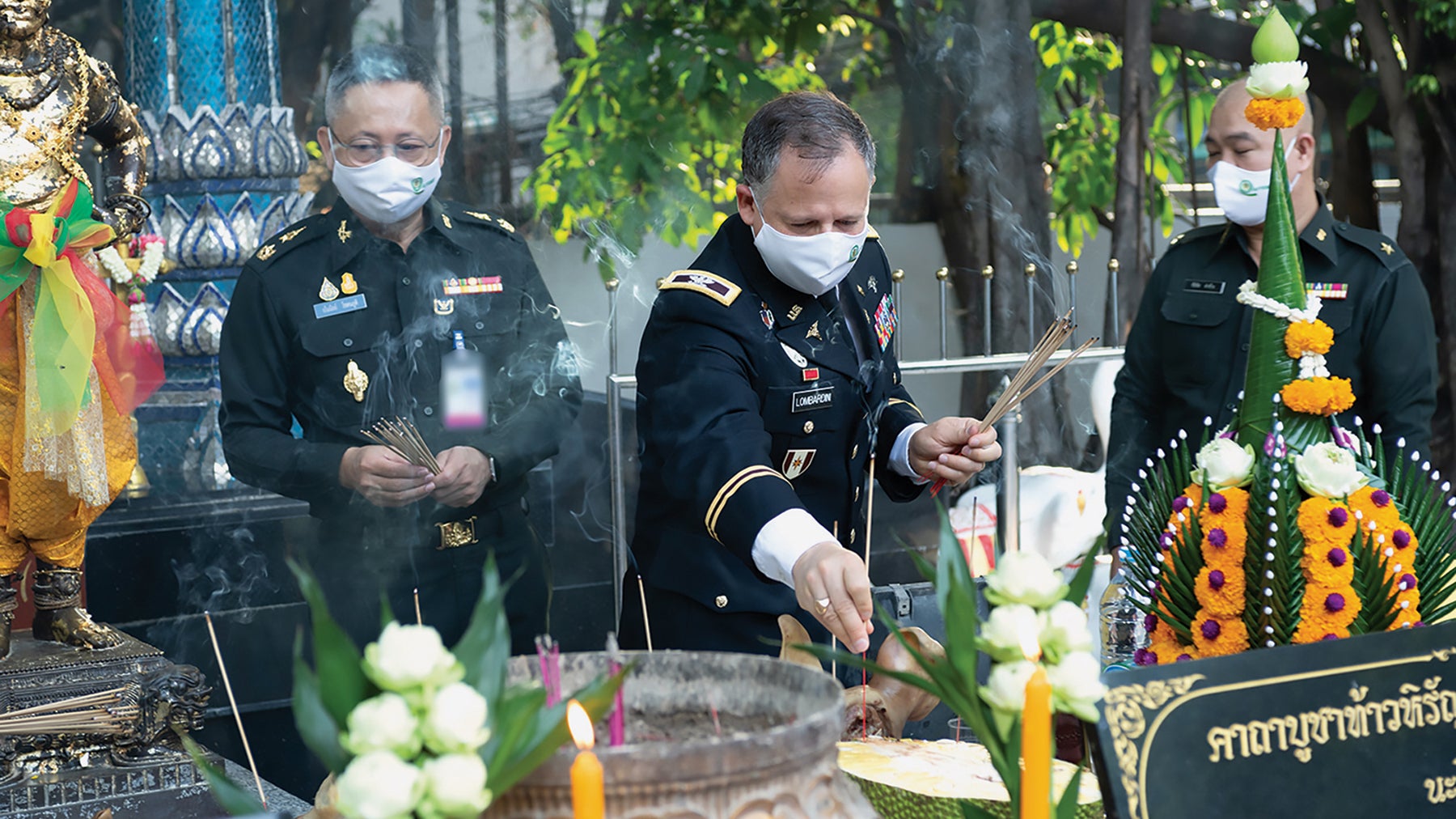
Reflecting this, WRAIR has been an expeditionary institution since its founding in 1893, focused on identifying and overcoming military-relevant diseases where they are found. The institute’s namesake, Maj. Walter Reed, made his reputation as a founding member of the institution, then the Army Medical School, when he confirmed the means of transmission of yellow fever in Cuba in the aftermath of the Spanish-American War—ultimately allowing for the disease to be virtually eradicated in the Americas and for the construction of the Panama Canal.
Permanent Fixtures
Many of WRAIR’s current overseas laboratories were founded amid infectious disease crises, later growing into permanent fixtures: the Armed Forces Research Institute of Medical Sciences, the oldest active laboratory with satellite locations in Nepal, Cambodia and the Philippines, was founded in Bangkok amid a 1959 cholera outbreak, while USAMRD-A was founded in Nairobi, Kenya, in 1969 during a trypanosomiasis outbreak, growing to include sites in seven countries.
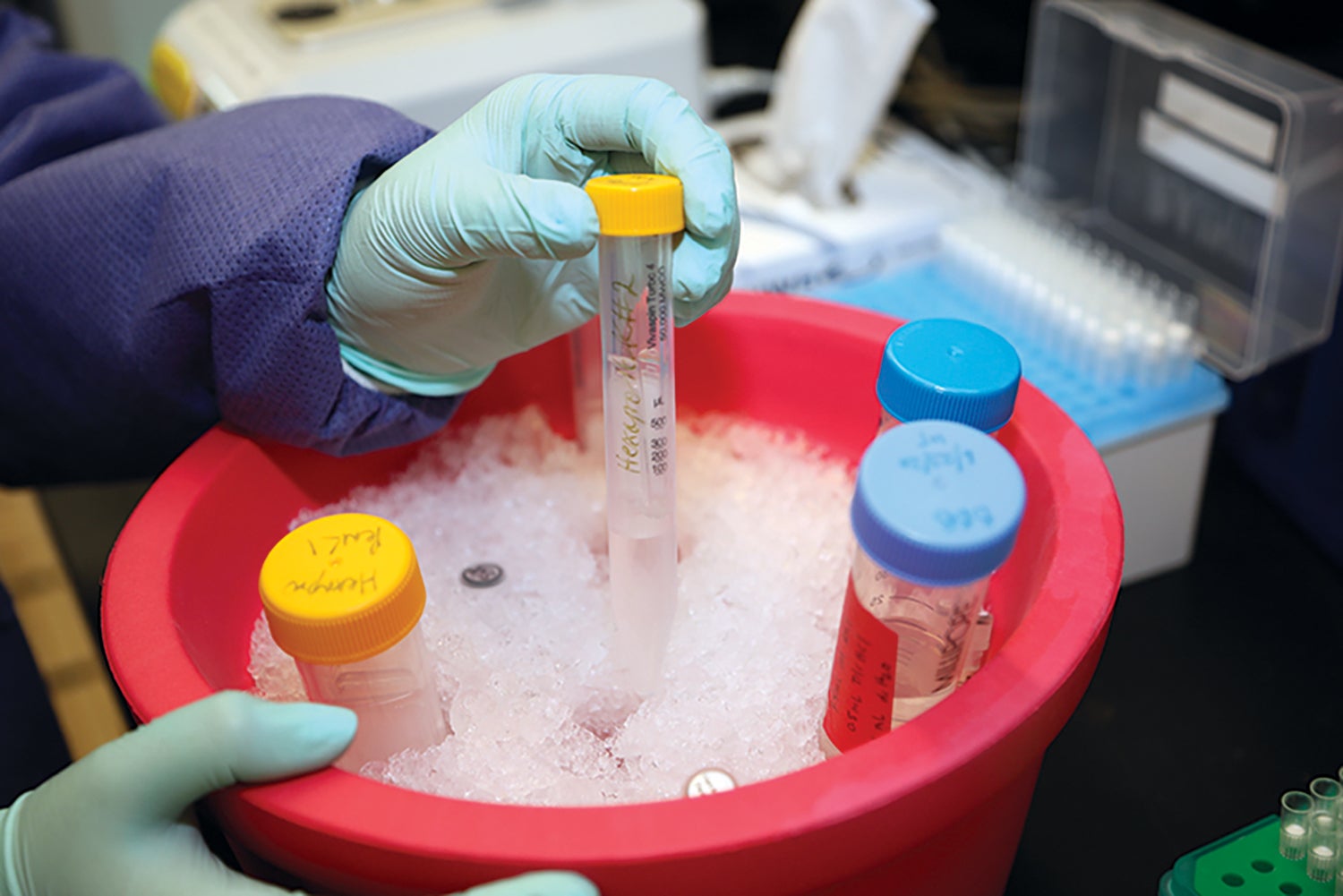
Others, like WRAIR’s newest overseas laboratory, USAMRD-G, established in 2014, were founded as bilateral partnerships to expand the institute’s ability to support geographic combatant commands. Another example, the now-defunct U.S. Army Medical Research Unit-Belem, operated between 1971 and 1979 as the Trans-Amazonian Highway was constructed through the Amazon Basin. It was a unique peacetime opportunity to study the emergence of new diseases and the amplification of existing diseases on heretofore untouched land, equivalent to a military force operating in a previously undisturbed area.
The outputs of these laboratories are critical to force health protection. Working with the Armed Forces Health Surveillance Branch’s Global Emerging Infections Surveillance unit, laboratories surveil multidrug-resistant bacteria as well as diarrheal, vector-borne (transmitted by animals, typically insects) and respiratory diseases to inform geographic combatant commands, theater campaign priorities and force health-protection decisions. Furthermore, those laboratories’ data inform medical product development priorities for WRAIR and its network of laboratories.
Historically, the Armed Forces Research Institute of Medical Sciences and USAMRD-A’s robust preclinical and clinical trial capabilities played a critical role in the development and testing of diagnostics, vaccines and drugs for diseases of military interest. The Armed Forces Research Institute of Medical Sciences alone conducted pivotal clinical trials for FDA-approved vaccines for hepatitis A, hepatitis B and Japanese encephalitis—diseases that threaten the security of the walking blood bank (an individual who directly donates blood to a casualty) or are endemic in areas service members deploy to. USAMRD-A led trials for an Ebola virus vaccine as well as a range of malaria treatment and prevention drugs, all of which are now available to the warfighter.
Important Diplomacy
Beyond their science mission, medical diplomacy is a major component of WRAIR’s overseas activities. Working closely with partners in the State Department and other in-country elements of the U.S. government, WRAIR overseas laboratories frequently work directly in service of the ambassador’s country team strategy and are often co-located with counterparts in host-nation military or civilian laboratories.
Key leader engagements reflect the importance of these partnerships. Research symposia or anniversary events are frequently attended by high-level host-nation partners. For example, a 2019 event celebrating 50 years of research partnership with the government of Kenya, held at the U.S. Embassy in Nairobi, was attended by representatives of the ministry of defense, ministry of health and Kenya Medical Research Institute, as well as the charge d’affaires of the U.S. diplomatic mission. WRAIR scientists often coordinate research and outreach priorities with counterparts in ministries of defense, health and more to produce mutually beneficial outcomes.
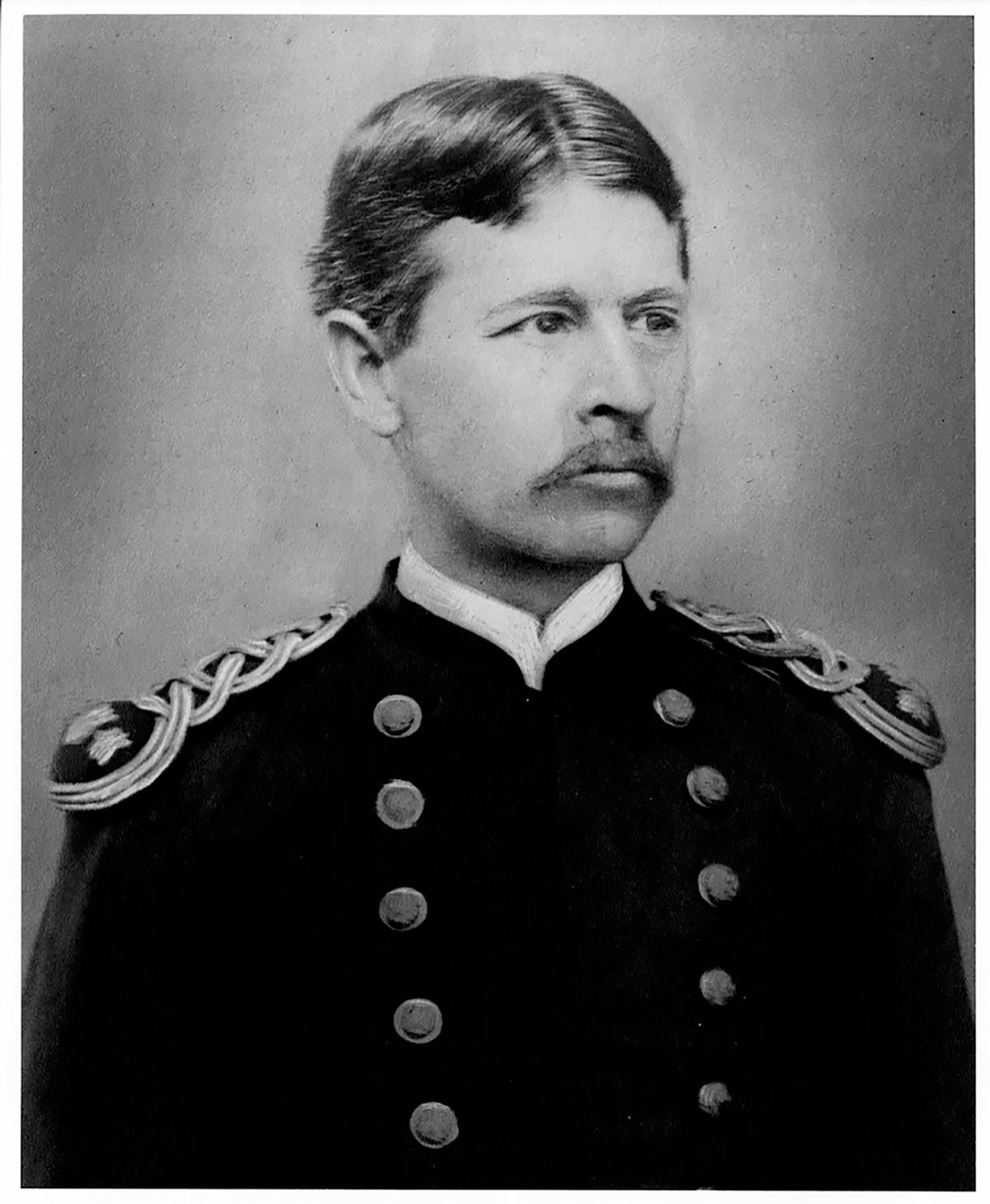
On a scientific level, these networks also work with host-nation partners to enhance local medical and research capabilities. In 2020 alone,
USAMRD-A transferred two newly renovated laboratories specializing in HIV and infectious disease to the Tanzanian government, USAMRD-G hosted two undergraduate interns from local universities, and both USAMRD-G and the Armed Forces Research Institute of Medical Sciences conducted outreach programs with area high schools.
WRAIR scientists work with the Uniformed Services University of the Health Sciences’ Center for Global Health Engagement to optimize and quantify the impact of these relationships to geographic combatant commands.
Another organization focused on developing partner capacity is the Joint West Africa Research Group. A joint Army-Navy enterprise, the group was established in 2015 in the aftermath of the West Africa Ebola outbreak, which highlighted significant gaps in public health capability and countermeasure availability in the region.
Since then, the group has worked to leverage existing research platforms and partnerships in Nigeria, Ghana and Liberia to improve biopreparedness in West Africa, focusing on infectious disease research, countermeasure development and biosurveillance.
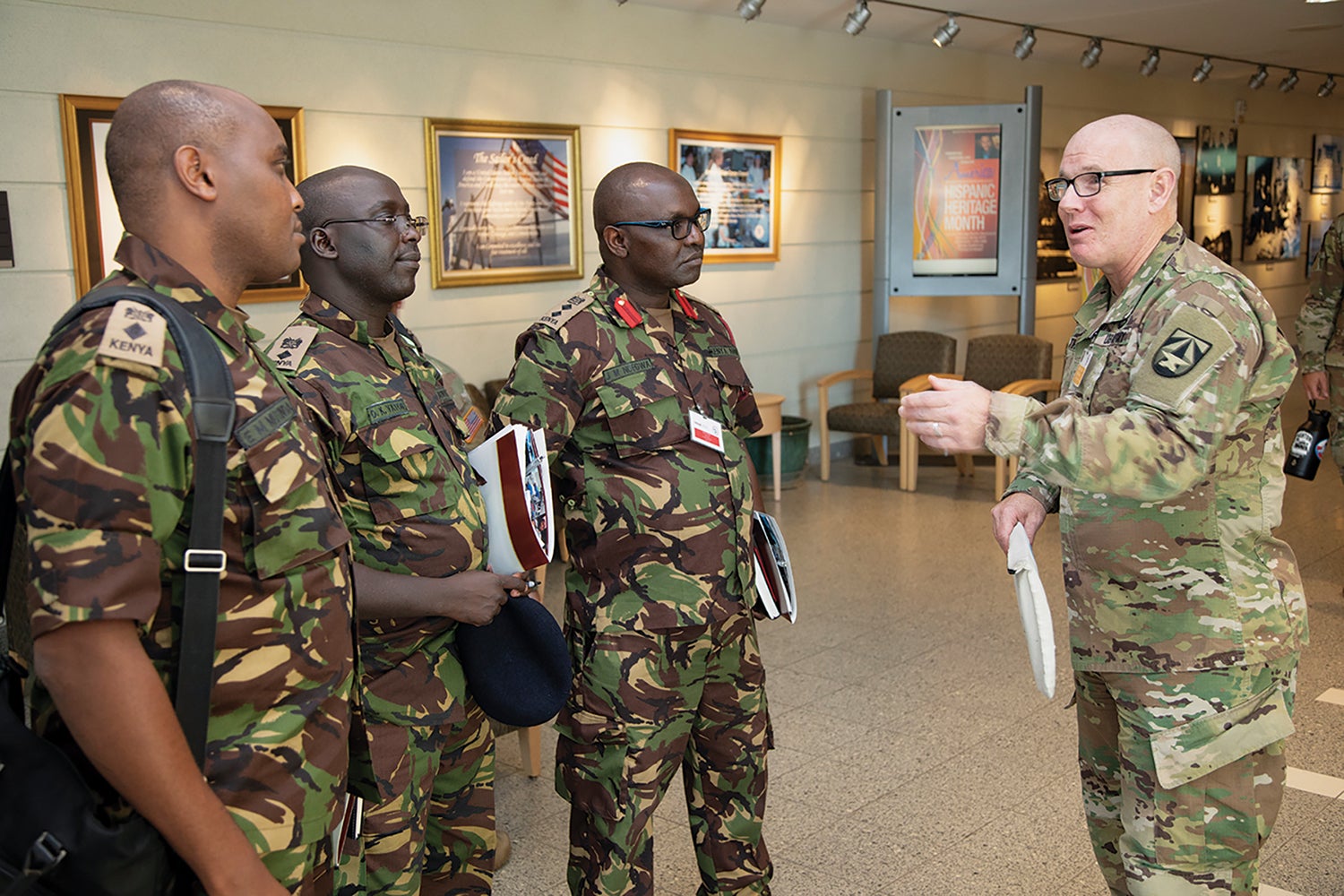
Recently, the group began leading clinical studies for vaccines against Lassa fever, a disease endemic to West Africa with pandemic potential.
Outside a military context, infectious diseases like HIV and malaria affect millions around the world, impacting everything from public health to economic productivity and political stability, particularly in regions without adequate medical infrastructure. As the COVID-19 pandemic demonstrates, when new diseases emerge, they can overwhelm even the most developed health care systems and threaten otherwise stable societies. Though WRAIR’s activities overseas are targeted to soldier-relevant outcomes, its work has significant humanitarian impacts—reflected in one of its mottos, “Soldier Health. World Health.”
Through its Military HIV Research Program, WRAIR participates in the United States President’s Emergency Plan for AIDS Relief, providing hundreds of thousands of people with lifesaving HIV prevention and treatment services.
Building Relationships
These activities, while beneficial in their own right—one report described a 40% decrease in political instability and violence in countries receiving AIDS relief assistance—also build relationships in communities, providing an ethical framework to conduct soldier-relevant HIV research.
Cohort studies, which track at-risk populations of interest, paired with field-leading research into vaccines and therapeutics, produce the science that allows WRAIR to accurately track the HIV epidemic in active-duty forces, assess the risk of HIV exposure to deployed U.S. and allied forces, and advance new HIV prevention and treatment strategies.
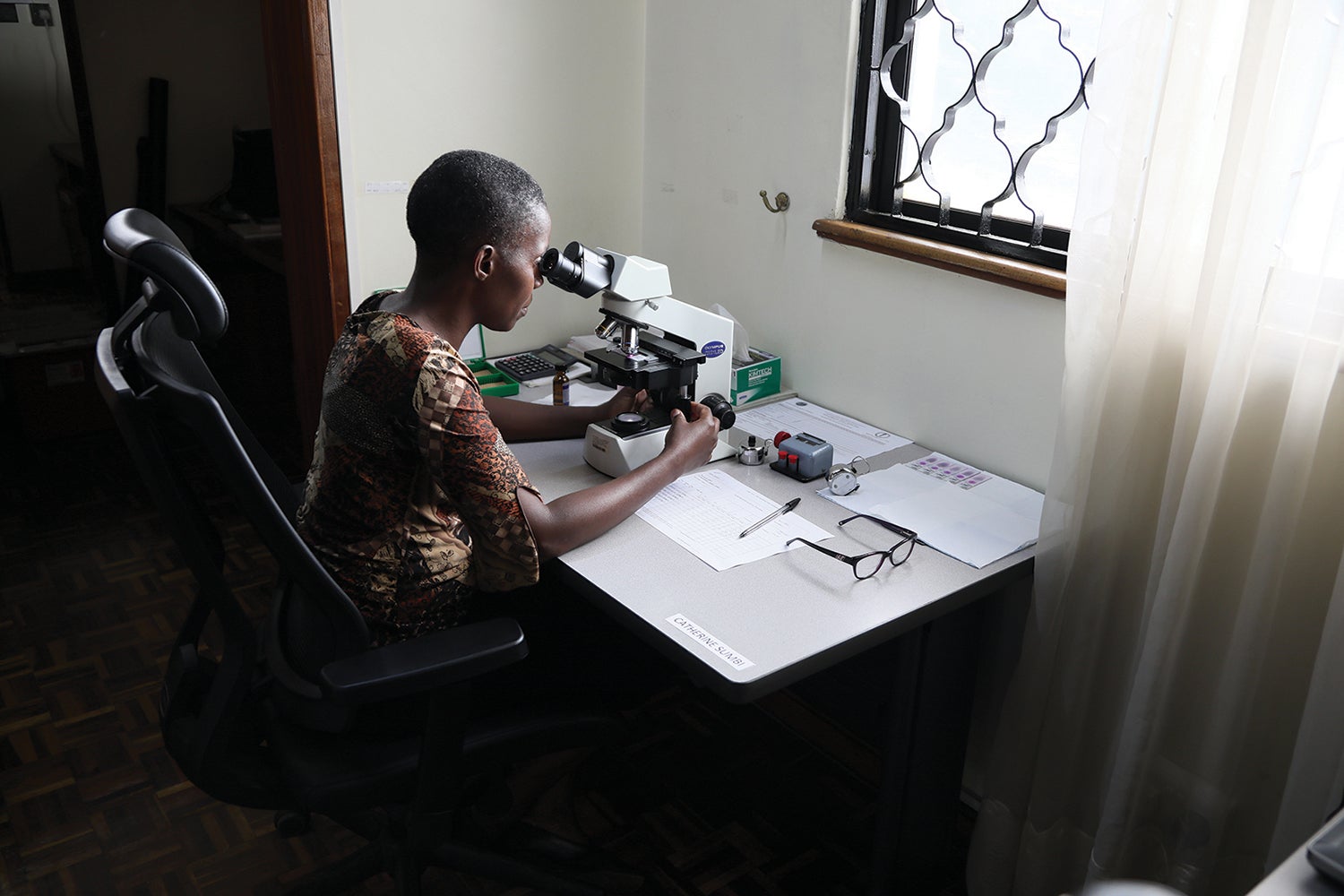
In terms of tangible outcomes, WRAIR researchers identified the first heterosexual transmission of HIV and conducted 61% of all pre-market applications for FDA approval of HIV tests. They also inform DoD policy for HIV screening and care, and perform all HIV accessions screening for entrance into the U.S. military.
Other WRAIR programs work in partner-nation communities to study infections like malaria or diarrheal diseases, evaluate new countermeasures and build local medical capacity to serve humanitarian and military interests.
Overcoming the Pandemic
After COVID-19 emerged in late 2019, WRAIR’s global network began contemplating how to support the U.S. military and international community’s efforts to overcome it.
In previous pandemics, overseas laboratories were critical to advancing new medical countermeasures. For example, during the 2014 West Africa Ebola crisis, USAMRD-A conducted the first Ebola vaccine study in Africa—just one of the half-dozen vaccine candidate trials conducted by the WRAIR enterprise.
WRAIR’s laboratories outside the U.S. rapidly retooled their capabilities to expand surveillance and diagnostics capacity, conducting over 50,000 tests as of March. The Armed Forces Research Institute of Medical Sciences gained the ability to test for SARS-CoV-2—the virus that causes COVID-19—distributing this capability to its satellite laboratories in the Philippines and Nepal as well as to public health organizations in Indonesia and Bhutan. In addition, the institute conducted training in the Philippines and Thailand to expand local diagnostic infrastructure.
In support of U.S. government efforts, the Armed Forces Research Institute of Medical Sciences provided diagnostic COVID-19 testing for the U.S. Embassy in Bangkok’s medical clinic and surveillance testing among Exercise Cobra Gold participants.
Similarly, soldier-scientists at USAMRD-A and USAMRD-G provided scientific and research expertise as well as diagnostic support, where authorized, to host-nation partners and combatant commands.
USAMRD-G also provided support for Exercise Noble Partner in 2020, a joint U.S.-Georgia exercise, by identifying disease-carrying organisms and the prevalence of acute diarrhea and respiratory illness in U.S. forces.
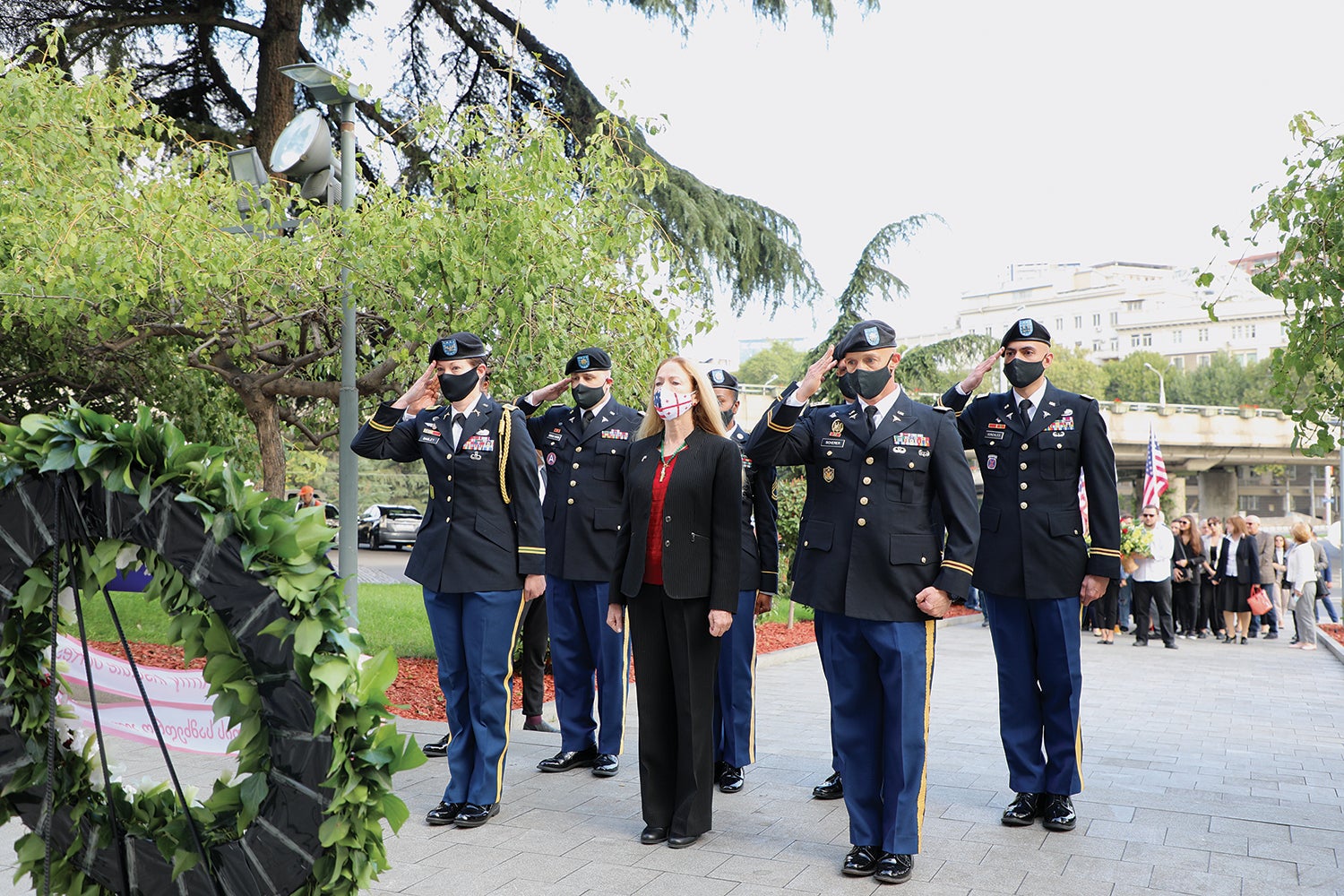
Supplementing this training and diagnostic support, USAMRD-G also participated in embassy initiatives to distribute millions of dollars’ worth of much-needed personal protective equipment, including masks, surgical gowns, gloves and face shields.
WRAIR’s oversees laboratories also directly support COVID-19 countermeasure development efforts around the world. Armed Forces Research Institute of Medical Sciences personnel developed a comprehensive, five-country surveillance and testing program designed to capture, measure and characterize circulating samples of the SARS-CoV-2 virus in the region, providing up-to-date information about emerging variants and the status of the pandemic. Further, WRAIR is working with academic and industry partners to make its overseas preclinical and clinical testing sites available to test new COVID-19 preventives and treatments.
Mental Health Response
Bolstering its global pandemic response, WRAIR’s psychiatry capabilities were also brought to bear. Building off the model of mental health advisory teams—deployable units that conduct comprehensive behavioral health surveillance of service members in combat theaters—WRAIR and Army Public Health Center scientists joined forces to survey more than 20,000 soldiers across the globe in the spring of 2020 about perceptions of COVID-19 and leadership response, behavioral health concerns and use of risk-mitigation strategies.
Based on these results, WRAIR and Army Public Health Center researchers provided strategies for unit- and line-level leadership to be supportive and responsive to the impact of the COVID-19 pandemic on soldiers.
As service members prepare to deploy anywhere in the world across all domains, they must be immunologically and psychologically prepared for the infectious disease threats they may face. WRAIR’s network of overseas laboratories is placed in areas of geographic concern to inform geographic combatant commands of infectious disease threats in their areas of responsibility, as well as to develop and test medical countermeasures in endemic settings while building interoperability with partner militaries.
Furthermore, these laboratories are critical tools of medical diplomacy, building relationships with local governmental and nongovernmental institutions and supporting a credible U.S. information narrative.
* * *
Samir Deshpande is an Oak Ridge Institute of Science Education fellow in the Strategic Communications Office, Walter Reed Army Institute of Research, Silver Spring, Maryland. Previously, he was employed as an analytical chemist at Eurofins Lancaster Laboratories Inc., Portage, Michigan.

